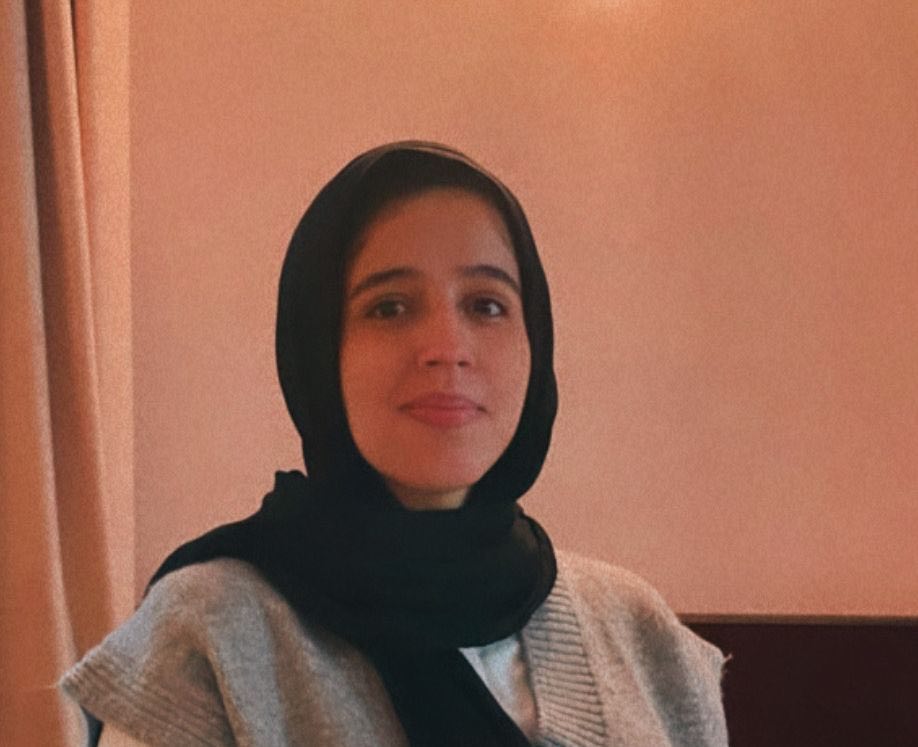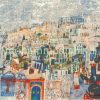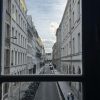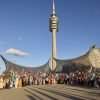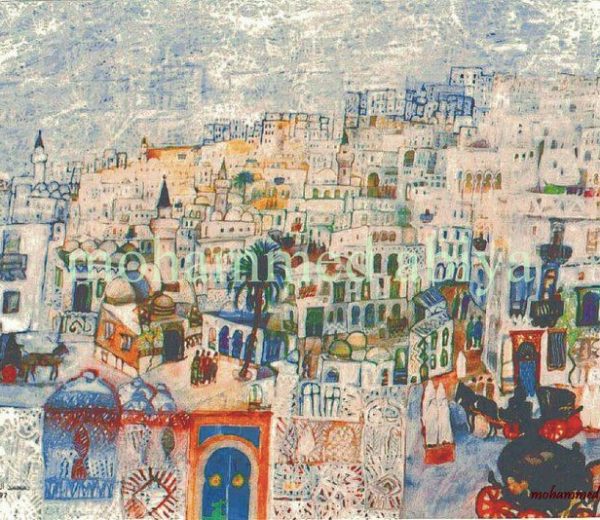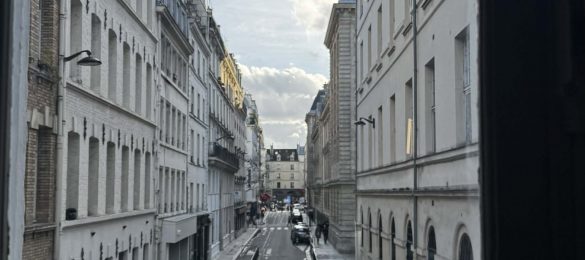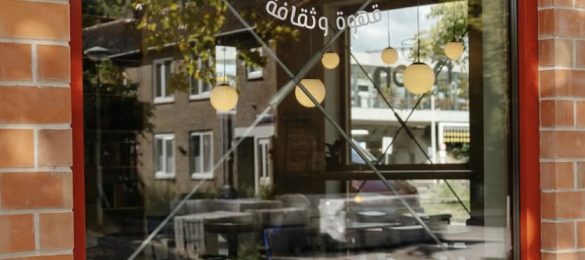I believe that knowing our country’s history is a basic need for generations to learn how to appreciate and connect with their roots. Sadly, the former regime diminished that connection through education. History and social studies books only discussed the regime’s ruling system and made sure that they nurture it into our minds from an early age.

It is a shame that so many are ignorant of the period before 1969. We know the Italian colonization from the iconic persona Omar Al-Mokhtar. He fought the Italians with admirable courageous. He is a role model for so many people to this day. When the revolution broke in the country, it somehow paved the way for us again to reconnect with Libya’s history.
As some may know that the Italian colonization was clear in the architecture in Tripoli with the high arches and little details on buildings downtown. However, how much do we know beyond this? I bet none. After the revolution on 2011, I heard of a place in Tripoli called “Dar Hasan Al-Fakih” or “Al-Fakih House” which was the first French consulate in Libya.
Before the revolution, it held musical nights for ambassadors and prestigious characters. Also, it was open to visitors and tourists. They used to visit it and history students who needed books related to their studies. Now, the house has been hosting workshops and open discussions about the artistic scene in Libya, architecture, poetry, and history of the old city of Tripoli. The former consulate is located in the so called the French Street.
Believe it or not, this was my first visit to the place and it won’t be the last. The building is designed in a creative way. You can clearly see the Islamic architecture of the building alongside with the local architecture. From the wooden door, the central courtyard to the high roofs.

The special thing about the place is that everything is connected. It consists of two floors. The first is right after the lobby with five rooms in the courtyard. There is one main stair that leads to tow branched stairs the second floor where you can find the consul office. The second floor is all connected; you don’t need stairs to go to the other side. The place has so many big windows to let air in. It has a balcony which opened to Tripoli’s busy pier.
I fell in love with every corner and detail. No matter how many times you visit it, it will seem like your first every time. You can always discover something new there. I could picture the consul sitting by his desk discussing important topics with his guests. Once you step in the building, you are automatically taken to that era and it is quite magical. It is never too late to discover your culture, there is always time.
